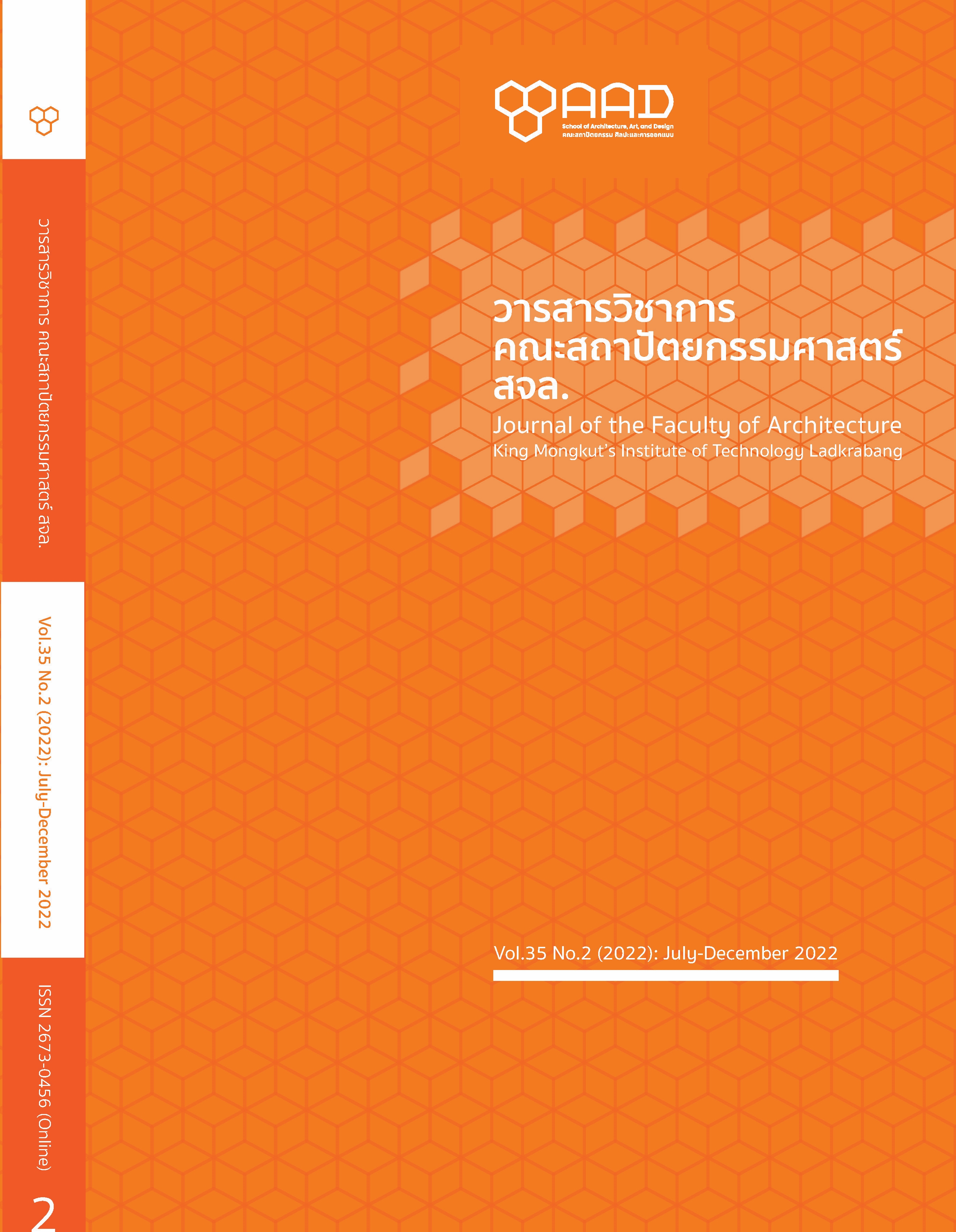A Synthesis of the Grassroot Economic Development based on the Capital of Urban Poor in Special Economic Zone to Reduce Inequality
Main Article Content
Abstract
Special economic development framework in Thailand had been concluded in the research report, Reviewing knowledge situation about inequality for the urban poor: Special economic zone (SEZ) city (author 2016, 2018). That research explains that SEZ in Thailand based on four conceptual frameworks including infrastructure development, regional economic development, neo-liberalism, and new industry - border city. It, moreover, reveals that SEZ pays much more attention to macroeconomic development level, is not easily accessible to the Urban Poor. In fact, SEZ aims to reduce inequality through economic development and will increase economic growth and reducing the poor. Nevertheless, SEZ will affecthe problems, especially in the issue of rights, opportunities, power, and prestige for the urban poor.
This study found that SEZ should not merely be based on economic and politic capitals, also the other various development capitals can be allocated for SEZ, particularly on socio-culture and environmental capitals. There are the major capitals for the urban poor, relating to their productivity To study the different context of the poor, this study based on three various contexts of communities including organic rice, community-based tourism, and informal agriculture (or riverbank agriculture).
In conclusion, the research result reveals that SEZ in Thailand focuses more economic and politic capital approaches than social-cultural and environmental capital approaches relating to the productivity for the urban poor. While the urban poor’s capitals could not be part of development, it is possible that the poor would be ignored in the development processes of the SEZ. Finally, this study proposes a mechanism and policy recommendation. Including the macro level and legal mechanisms and economic, land management, social-organization-participatory, and research and development policies.
Article Details

This work is licensed under a Creative Commons Attribution-NonCommercial-NoDerivatives 4.0 International License.
This work is licensed under a Creative Commons Attribution-NonCommercial-ShareAlike 4.0 International License.
Copyright Transfer Statement
The copyright of this article is transferred to Journal of The Faculty of Architecture King Mongkut's Institute of Technology Ladkrabang with effect if and when the article is accepted for publication. The copyright transfer covers the exclusive right to reproduce and distribute the article, including reprints, translations, photographic reproductions, electronic form (offline, online) or any other reproductions of similar nature.
The author warrants that this contribution is original and that he/she has full power to make this grant. The author signs for and accepts responsibility for releasing this material on behalf of any and all co-authors.
References
คณะกรรมการปฏิรูป (คปร.). (2554). แนวทางการปฎิรูปประเทศไทย: ข้อเสนอต่อพรรคการเมืองและผู้มีสิทธิเลือกตั้ง. กรุงเทพฯ: สำนักงานปฎิรูป.
เครือข่ายปฏิรูปที่ดินแห่งประเทศไทย. (2552). ข้อเสนอแนวทางและมาตรการ การกระจายการถือครองที่ดินในสังคมไทย. เข้าถึงได้จาก: https://www.landactionthai.org.
สักรินทร์ แซ่ภู่. (2553). แนวคิดการวางแผนเชิงปฏิสัมพันธ์สำหรับการพัฒนาชุมชนกรณีศึกษา: ชุมชนคนจนเมือง ภาคตะวันออกเฉียงเหนือประเทศไทย. (วิทยานิพนธ์การวางแผนภาคและเมืองดุษฎีบัณฑิต การวางแผนชุมชนเมืองและสภาพแวดล้อม, สถาบันเทคโนโลยีพระจอมเกล้าเจ้าคุณทหารลาดกระบัง).
สักรินทร์ แซ่ภู่. (2559). สถานภาพทางความรู้ลดความเหลื่อมล้ำคนจนเมือง ประเภทเมืองเขตเศรษฐกิจพิเศษ. กรุงเทพฯ: สำนักงานกองทุนสนับสนุนการวิจัย.
สักรินทร์ แซ่ภู่. (2563). สถานภาพทางความรู้ลดความเหลื่อมล้ำคนจนเมือง ประเภทเมืองเขตเศรษฐกิจพิเศษ. วารสารมนุษยศาสตร์และสังคมศาสตร์. 37(3), 1-53.
สุปรียา หวังพัชรพล. (2559). ชุดโครงการวิจัยความเหลื่อมล้ำและคนจนเมือง. กรุงเทพฯ: สำนักงานกองทุนสนับสนุนการวิจัย (สกว.).
สุรางค์รัตน์ จำเนียรพล. (2560). จาก ‘กลไกของสังคม’ ถึง ‘โลกสมมติ’: จินตนาการสังคมวิทยาของ ศาสตราจารย์พัทยา สายหู่. วารสารวิจัยสังคม. 40(1), 227-241.
Francey, R. and Weitz, A. (2003). Public-Private-Community Partnership in infrastructure for the poor. Journal of International Development. 15(8), 1083-1098.
Inocencio, A. B. and David, C. C. (2001). Public-Private-Community Partnerships in Management and Delivery of Water to Urban Poor: The Case of Metro Manila. Discussion Papers DP. 2001-18. Philippine Institute for Development Studies.
Sinha, M. (2010). Public-Private-Community partnership for the 3Rs promotion in Bangladesh. in Paper presented at the Second Meeting of the Regional 3R Forum in Asia. Kuala Lumpur, Malaysia.
Talcott, P. (1951). The Social System. London: Routledge & Kegan Paul Ltd.


